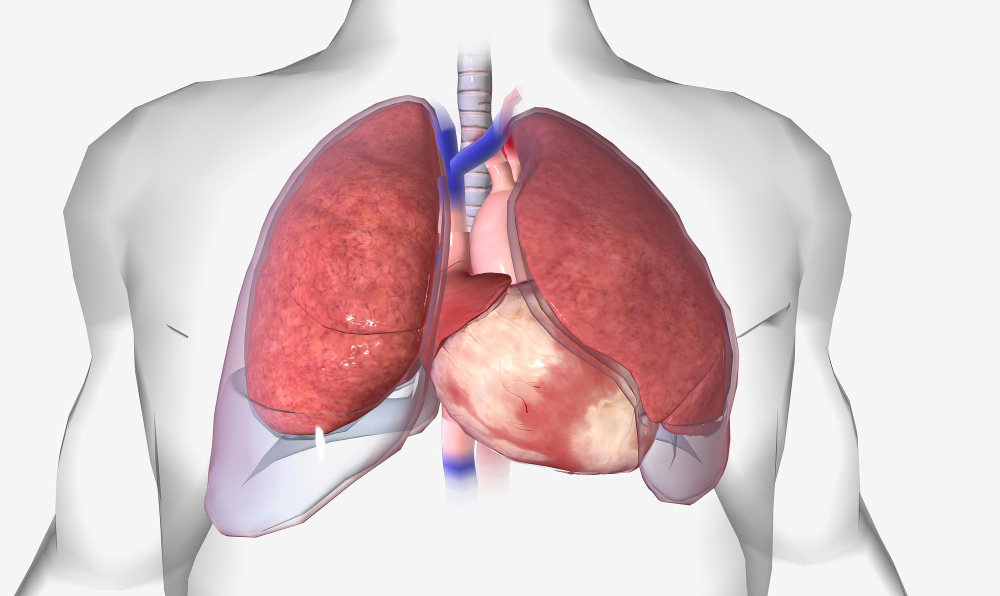Pleural Effusion

Overview of Pleural Effusion
Pleural effusion is the accumulation of excess fluid between the layers of the pleura, the thin membranes lining the lungs and the chest cavity. It can cause breathing difficulties and indicate serious underlying health conditions.
Causes
Pleural effusion can result from various conditions, including:
- Heart Failure: The most common cause, where the heart is unable to pump blood effectively, leading to fluid buildup
- Pneumonia: Infection that inflames the air sacs in one or both lungs, leading to fluid leakage into the pleural space.
- Liver Disease: Conditions like cirrhosis can cause fluid accumulation due to decreased albumin production.
- Kidney Disease: Reduced kidney function can lead to fluid overload.
- Cancer: Lung cancer, breast cancer, and lymphoma can spread to the pleura, causing effusion.
- Pulmonary Embolism: A blood clot in the lungs can lead to pleural effusion.
Symptoms
The symptoms of pleural effusion can vary depending on the amount of fluid present and the underlying cause. Common symptoms include:
- Shortness of Breath: Difficulty breathing due to restricted lung expansion.
- Chest Pain: Sharp pain that worsens with deep breaths or coughing.
- Cough: Persistent coughing, sometimes with blood-tinged sputum.
- Fever: Often present if the effusion is due to an infection.
Diagnosis
Diagnosing pleural effusion involves several methods:
- Physical Examination: Doctors listen for decreased breath sounds or dullness to percussion over the affected area.
- Chest X-Ray: Identifies fluid accumulation.
- Ultrasound: Locates the effusion and guides fluid removal.
- CT Scan: Provides detailed images of the chest to identify underlying causes.
- Thoracentesis: A procedure to remove and analyze pleural fluid.
Treatment
Treatment of pleural effusion focuses on addressing the underlying cause and relieving symptoms:
- Diuretics: Used in cases related to heart failure to reduce fluid buildup.
- Antibiotics: Prescribed for infections like pneumonia.
- Chemotherapy or Radiation: For cancer-related effusions.
- Pleurodesis: A procedure to adhere the pleura together to prevent recurrent effusions.
- Thoracentesis: Removes excess fluid to ease symptoms and facilitate breathing.
Complications
Pleural effusion can lead to several complications if not treated promptly:
- Infection: The fluid can become infected, leading to empyema.
- Collapsed Lung: Large effusions can cause lung collapse (atelectasis).
- Fibrosis: Chronic effusions can result in scarring of the pleura.